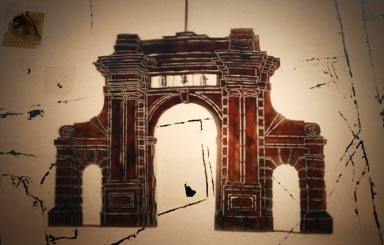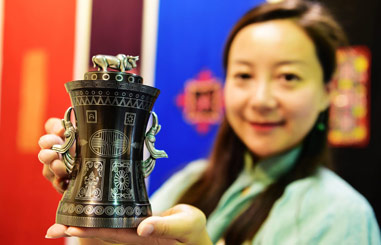Men of La Mancha
By Chen Nan ( China Daily ) Updated: 2012-10-30 09:26:35
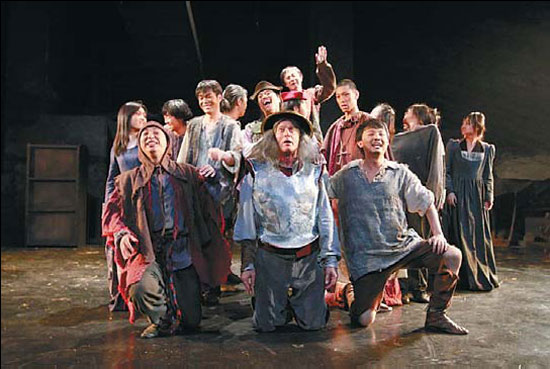 |
|
Graves (center) appears in the musical Man of La Mancha. Provided to China Daily |
Nourish dreams
"Some of the students had never acted onstage and some had never seen a play. But they wanted the experience of creative activity," says Graves, describing that experience as life changing.
"I was deeply moved by the students' passion, talent and intelligence when we worked together and that, coupled with my experiences with the professional theater artists of China, made me want to live and work here."
Graves received his professional training at the London Academy of Music and Dramatic Art, and he has directed more than 36 shows, including Richard II and Hamlet, written 20 original scripts and acted in some 60 stage productions.
He says his grandfather, who was a missionary, loved reading lines of Shakespeare's plays after work, which influenced Graves since he was young.
He is now busy with the second presentation of the musical Man of La Mancha, which was successfully staged in June 2012 in Beijing and will be performed from November 2012 to January 2013 again, in the capital.
As he puts it, Man of La Mancha is not only a hugely successful musical, a 1965 Broadway musical that won five Tony Awards, but a deeply moving play about the importance of sustaining and nourishing dreams while standing opposed to the materialistic greed and selfishness that the world too often displays.
Yang Jiamin, 25, whose company produced the musical of Man of La Mancha, was a former English major student under Graves. She recalls that it was Graves who helped her develop an interest in theater.
"His class is never boring. He would ask us to perform as actors and produce a play by ourselves," recalls Yang. "He does share something in common with Don Quixote."
Besides working on classical Western plays, Graves also directed an English language version of The Monkey King, which was performed in Beijing and then toured the US with an all-Chinese cast.
Hu Xiaoqing, a former student of Graves and now a successful director and writer for the theater in China and in the US, wrote the play.
Cheng, the dean who invited Graves to Beijing, says: "He is a dedicated theater professional, and as a teacher, he helped shape the lives of many students."
Cheng and Graves both believe that China's higher education is lacking in giving its students the mind-opening experience of artist creativity.
In 2005, they founded the Institute of World Theater and Film, which facilitates exchange programs between China and other countries and helps establish performing arts departments in universities all over China.
"The performing arts departments are not geared so much toward turning out professionals but primarily give exposure to all students, such as students of economics, biology and history," Graves says.
|
|
|
|
|
|
|
|

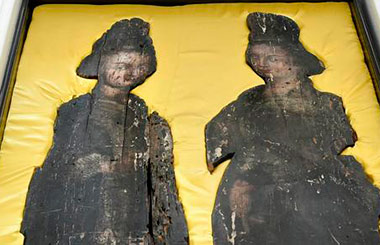


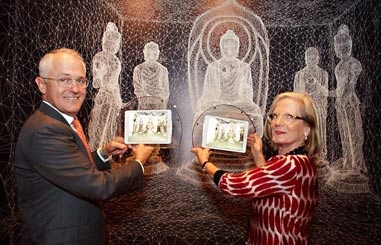
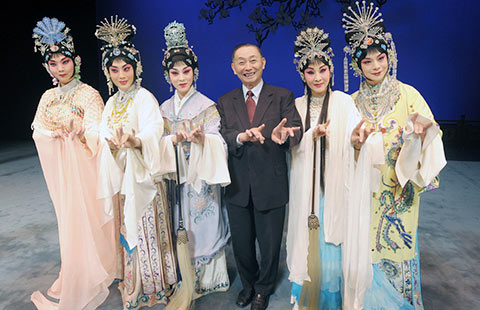


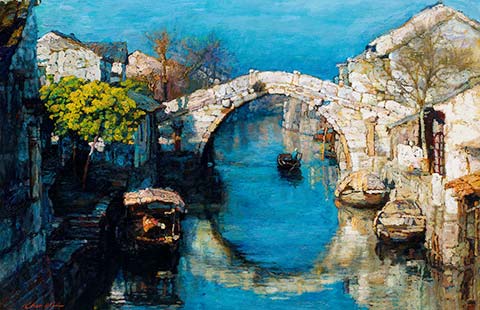







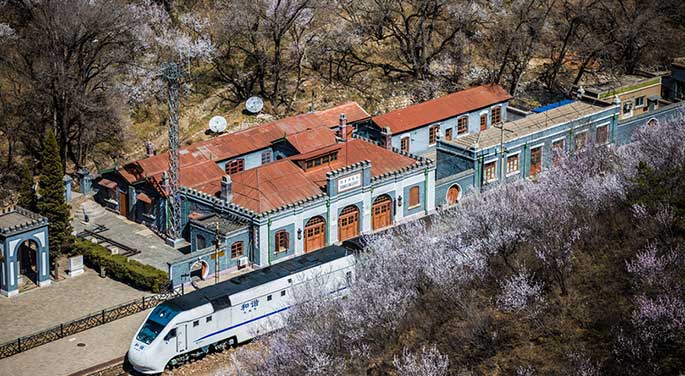




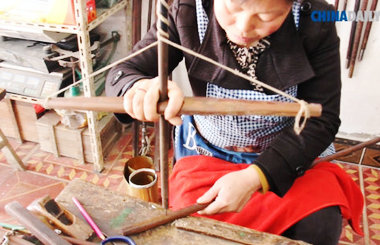
 Raymond Zhou:
Raymond Zhou: Pauline D Loh:
Pauline D Loh: Hot Pot
Hot Pot Eco China
Eco China China Dream
China Dream China Face
China Face
